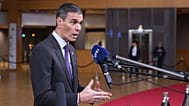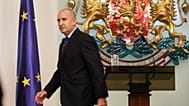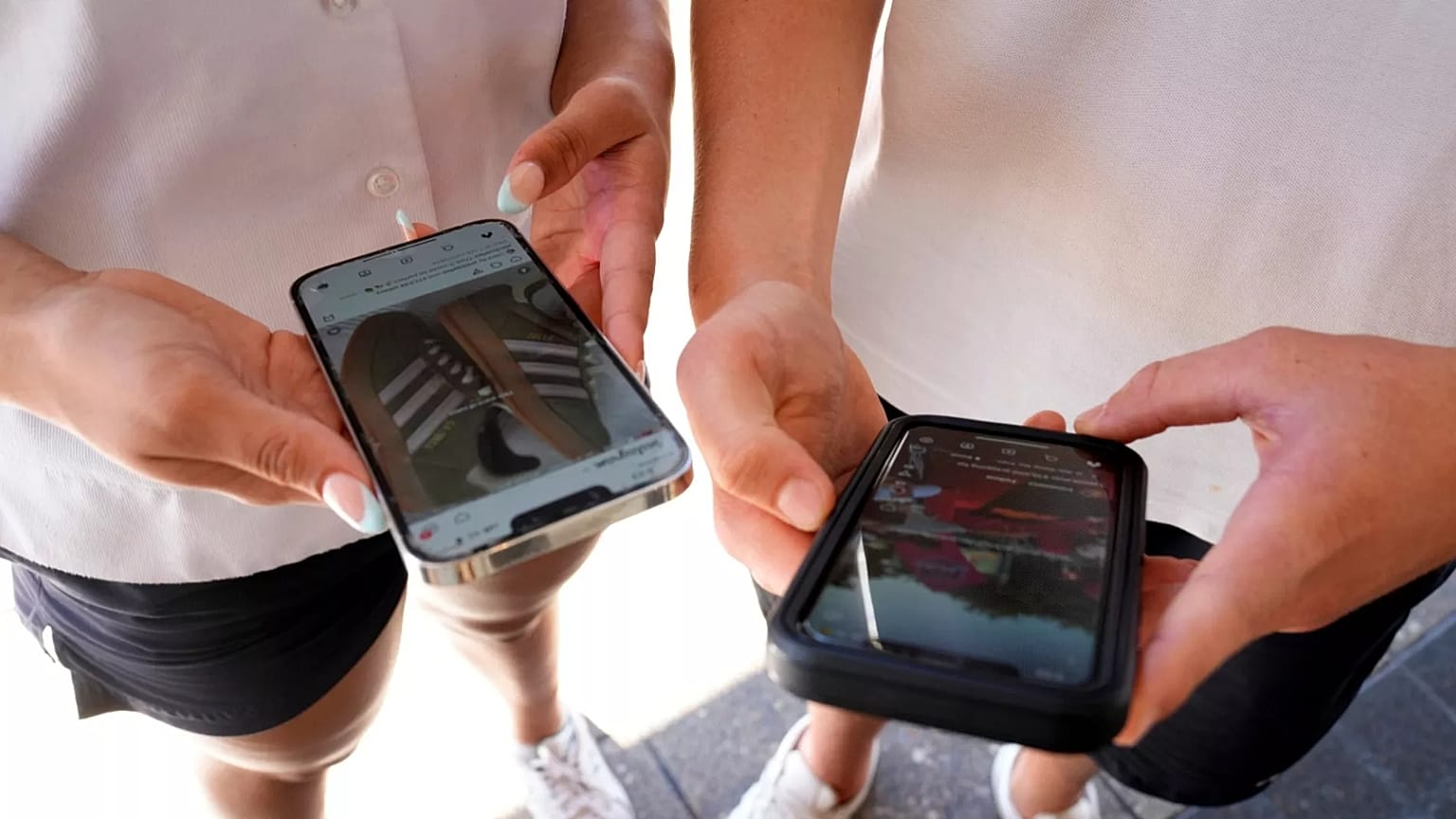A Danish ambassador said the Nordic country 'will be looking at what Australia does' on its world-leading ban.
The Australian government is preparing to implement a world-first ban on social media for children under age 16 – and other countries, including Denmark, are watching carefully.
Australia has begun a public education campaign to explain the new laws and provide tips on how to wean children off social media before the rules go into effect on Dec. 10.
Platforms including Facebook, Instagram, Snapchat, TikTok, X, and YouTube could be fined up to 50 million Australian dollars (€28 million) if they don’t take reasonable steps to prevent Australians younger than 16 from holding accounts.
“We want children to have childhoods,” Communications Minister Anika Wells told reporters
“We want parents to have peace of mind and we want young people — young Australians — to have three more years to learn who they are before platforms assume who they are,” she added, referring to the current de facto 13-year age limit for social media accounts based on US privacy legislation.
Australia’s move is being watched closely by countries that share concerns about social media's impact on young children.
Denmark’s Ambassador to Australia Ingrid Dahl-Madsen said her government would use its current presidency of the Council of the European Union to push the agenda of protecting children from social media harms.
“This is something that is a global challenge and we are all looking at how we can manage it best and we are looking to Australia and we will be looking at what Australia does,” Dahl-Madsen told Australian Broadcasting Corp. in Melbourne on Monday.
“It’s so important that Australia and Denmark and the EU — we share lessons, we compare experiences and we can push forward hopefully practical progress on this,” she added.
It was about "protecting our children in this digital world that is increasingly complicated”.
The Danish government last week proposed legislating an age limit of 15. But Dahl-Madsen said Denmark would consider letting parents exempt their children who were aged 13 or 14. Australia has no similar exemption.
Controversy in Australia
In Australia, the age restrictions have already proved polarising, with some experts warning the changes will harm as well as protect children. More than 140 Australian and international academics signed an open letter to the government last year opposing a social media age limit as “too blunt an instrument to address risks effectively”.
Despite that warning, the laws passed with resounding support last year. The platforms had a year to figure out how to comply without foolproof technology available to verify ages.
Australian eSafety Commissioner Julie Inman Grant said the social media age restriction would be a “very monumental event for a lot of young people”.
Her agency offered checklists and conversation starters about ways to make the transition, such as following an online influencer through a website rather than a social media account, she said.
“How do we start weaning them from social media now so it isn’t a shock on Dec. 10? How do we help them download their archives and their memories and how do we make sure that they’re in touch with friends and are aware of mental health support if they’re feeling down when they’re not tethered to their phones over the holiday period?” she added.


















